Global Impact: China, Australia ‘embark on the right path’ after Anthony Albanese meets Xi Jinping in Beijing
After Albanese met with Premier Li Qiang on Tuesday, a joint statement was issued and said: “Both sides welcome the restoration of high-level dialogues.”
Since the Labour Party in Australia wrestled back power in May 2022, Albanese started working on resuming normal ties with his country’s largest trading partner, which is also the biggest consumer of Australian iron ore in the world.
To attend the sixth China International Import Expo to promote trade, Albanese eventually landed in Shanghai on November 4, before flying to Beijing to meet his Chinese counterpart, and wrapping up his trip on Tuesday.
It is also expected that trade barriers on Australian lobsters and beef will also be resolved.
Other Australian products such as coal, cotton and timber, which were under unofficial bans over the past few years, have been returning to the Chinese market since early this year.
Sources said that the Australian and Chinese sides started working out a series of understandings after Albanese had an ice-breaking chat with Xi on the sidelines of the G20 summit in Jakarta a year ago, paving the way for the meeting of the two leaders in the Chinese capital.
Before Albanese set off on his China trip, sources told the Post that Australia would “consider China’s application on its merits” and “will not advocate for Taiwan’s CPTPP membership, despite Japanese pressure to do so”.
“China seeks membership in the Pacific free-trade bloc, which requires Australian agreement. This may form part of a trade-focused set of future steps, but there’s also some pressure on the government to not agree,” said Warwick Powell, a former state-government adviser to former Australian prime minister Kevin Rudd.
Speaking to reporters about China taking part in the CPTPP, after his meeting with Xi, Albanese noted that: “[It] needs a unanimous agreement by all of the parties and countries if they are going to get accession to the agreement … Now, we look at any of the applicants, and I think there are six applicants, before that’s worked through with other countries.”
Canberra ‘will not oppose’ China’s CPTPP trade-pact bid
Canberra ‘will not oppose’ China’s CPTPP trade-pact bid
In September, Minister for Foreign Affairs Penny Wong also announced that Scott Dewar had been appointed the next Australian ambassador to China, starting from January, with Graham Fletcher set to finish his term by the end of the year.
However, sources close to the Australian government said that “this decision by the Albanese government is very worrying”, with Dewar’s background as a Quad Sherpa for the Department of the Prime Minister and Cabinet and deputy secretary of Aukus in 2021.
“In my opinion, the decision to overlook well-qualified diplomats with decades of China experience clearly indicates the total takeover of China policy by national security,” a source added.
60-Second Catch-up
Deep dives

Australia’s lack of independent China policy ‘greatest risk’ to stable ties
-
The Australia-US alliance and security concerns are ‘impediments’ to better China ties and will over time erode trade and people links, the think tank report notes
-
Australia’s strategic choices show it is under ‘significant pressure from the US’ and do not indicate they are driven by Australia’s own national interests, the report adds
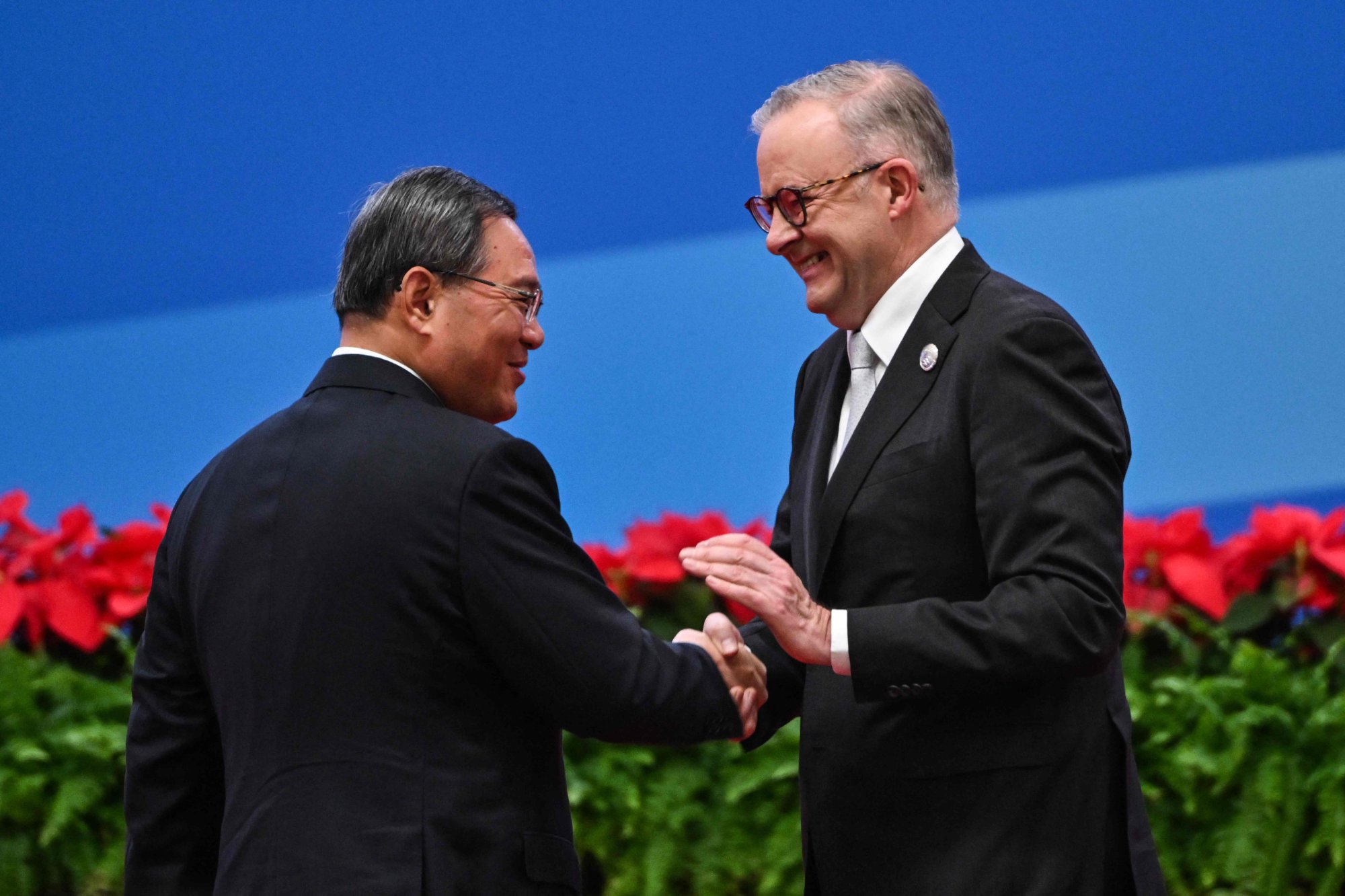
CIIE 2023: Li Qiang promotes Chinese consumers as fix for global economy
-
China’s middle class has ‘colossal purchasing power’ with ‘huge’ potential for foreign businesses, Li says at world’s biggest import fair
-
Australian leader Anthony Albanese also addresses event, saying regional economies have prospered because of stability from ‘rules-based trade’
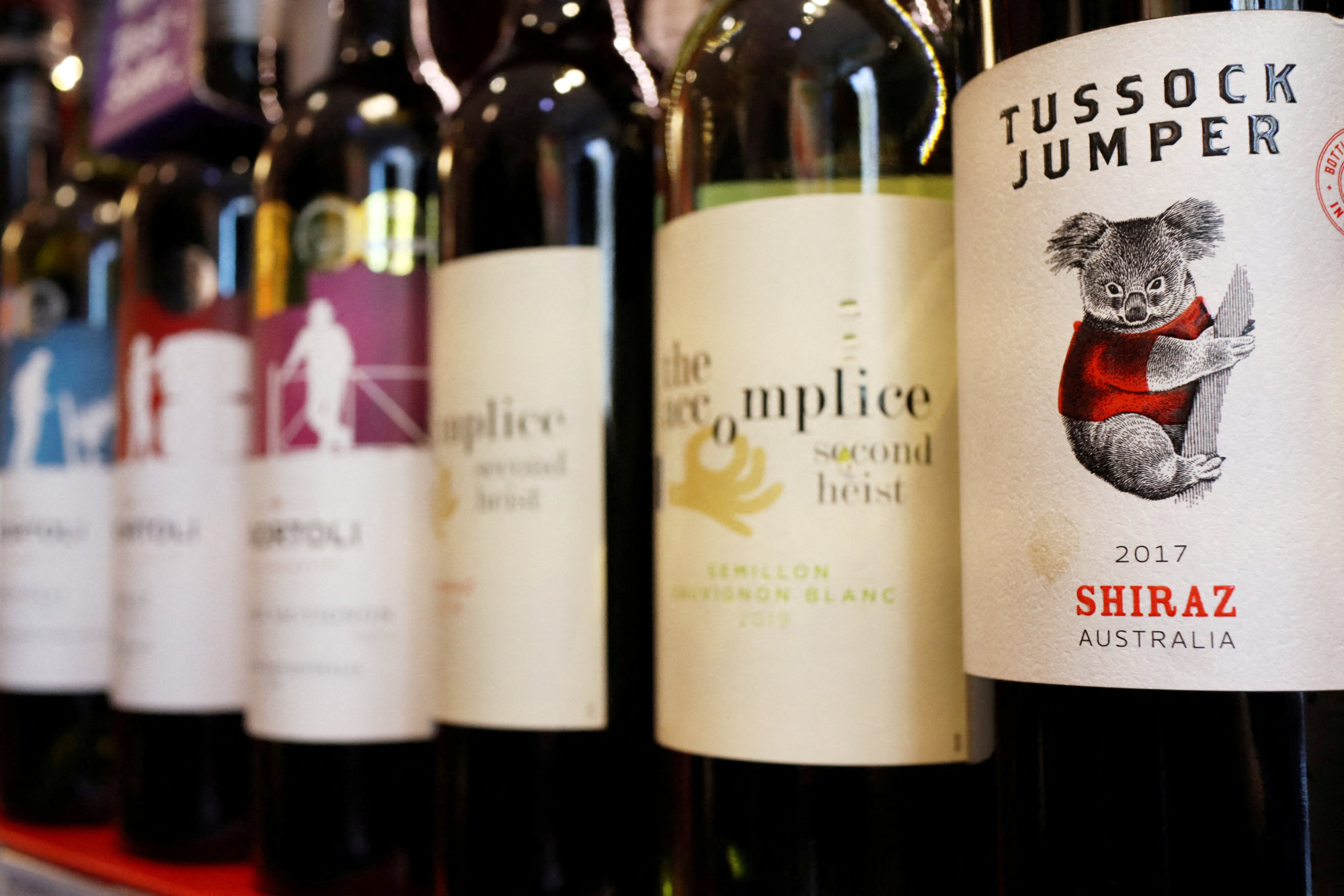
Australia wants ‘new type of relationship with China’, observer says
-
Given its close trade ties with both US and China, Australia could potentially act as a bridge in multilateral ties, Sichuan University professor says
-
Albanese’s announcement of November 4-7 visit to China follows breakthrough in dispute over damaging wine tariffs
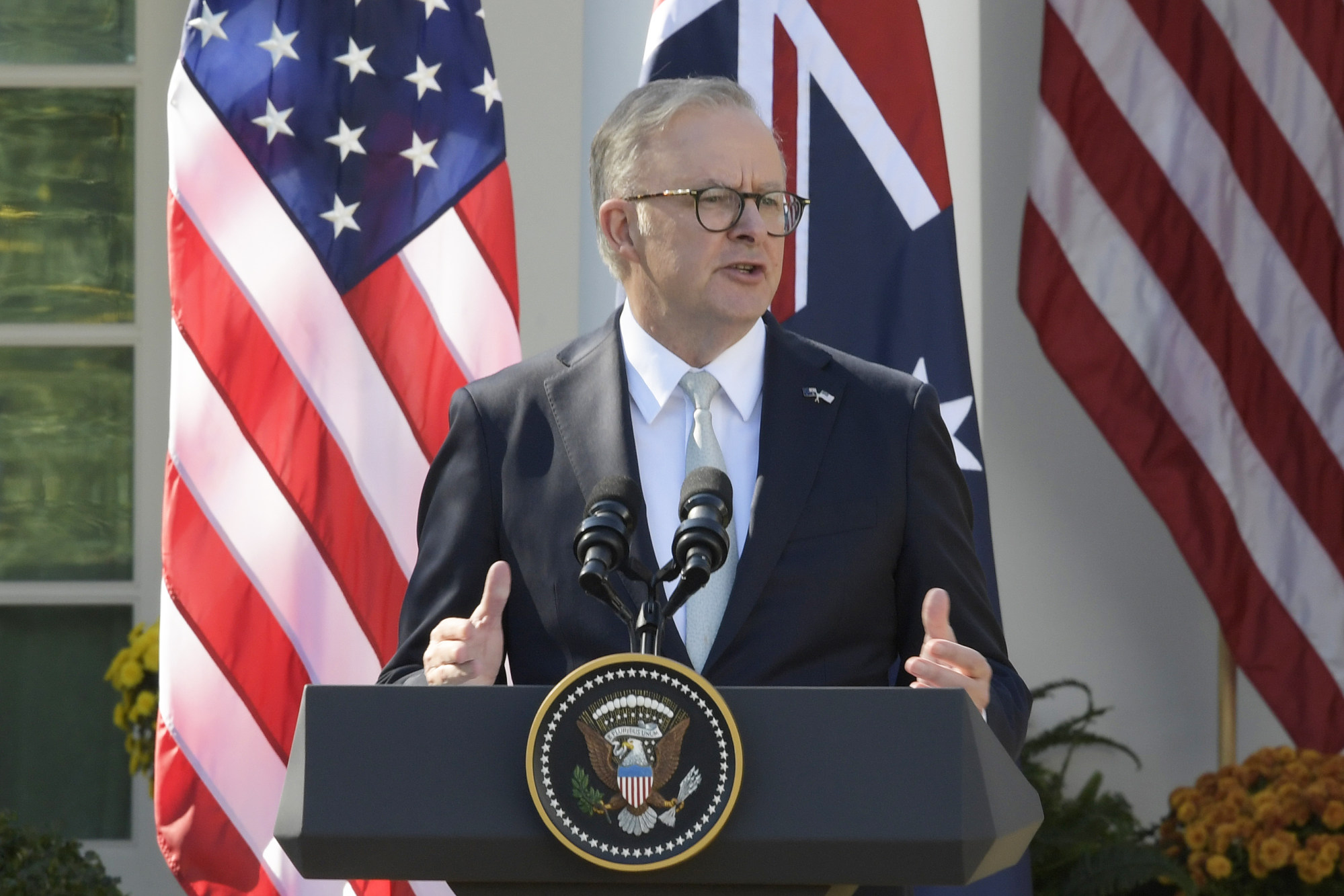
Australia’s Albanese to be ‘direct’ with Xi over South China Sea in Beijing talks
-
Albanese’s trip is aimed at mending fences with China after years of bilateral rows over trade and other issues
-
He notes several positives ahead of the trip, including the release of Australian journalist Cheng Lei and the lifting of certain export curbs
Albanese will also hold talks with Premier Li Qiang when he travels to Beijing for three days from November 4, the first by an Australian leader since 2016.
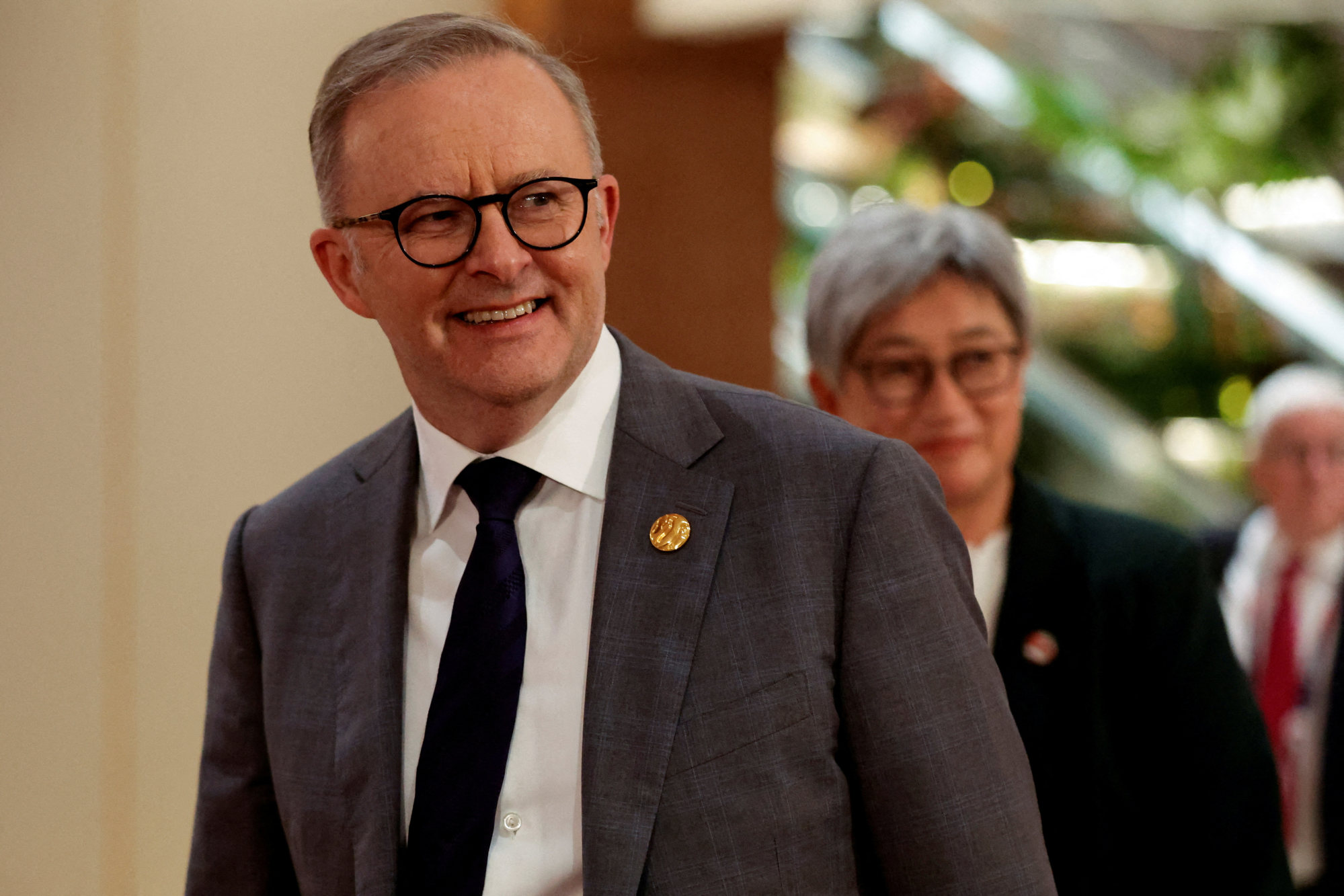
Canberra ‘will not oppose’ China’s CPTPP trade-pact bid
-
China has been trying to gain entry into the Asia-Pacific trade pact for two years, and Australia says it will ‘consider China’s application on its merits’ as bilateral ties warm
-
Both countries have made concessions on trade and investment, but source says relations will never ‘return to the status quo’
Australia “will not oppose China joining the CPTPP” – the Comprehensive and Progressive Agreement for Trans-Pacific Partnership – and will “consider China’s application on its merits”, one source said, emphasising that this is not a vow to advocate for China.
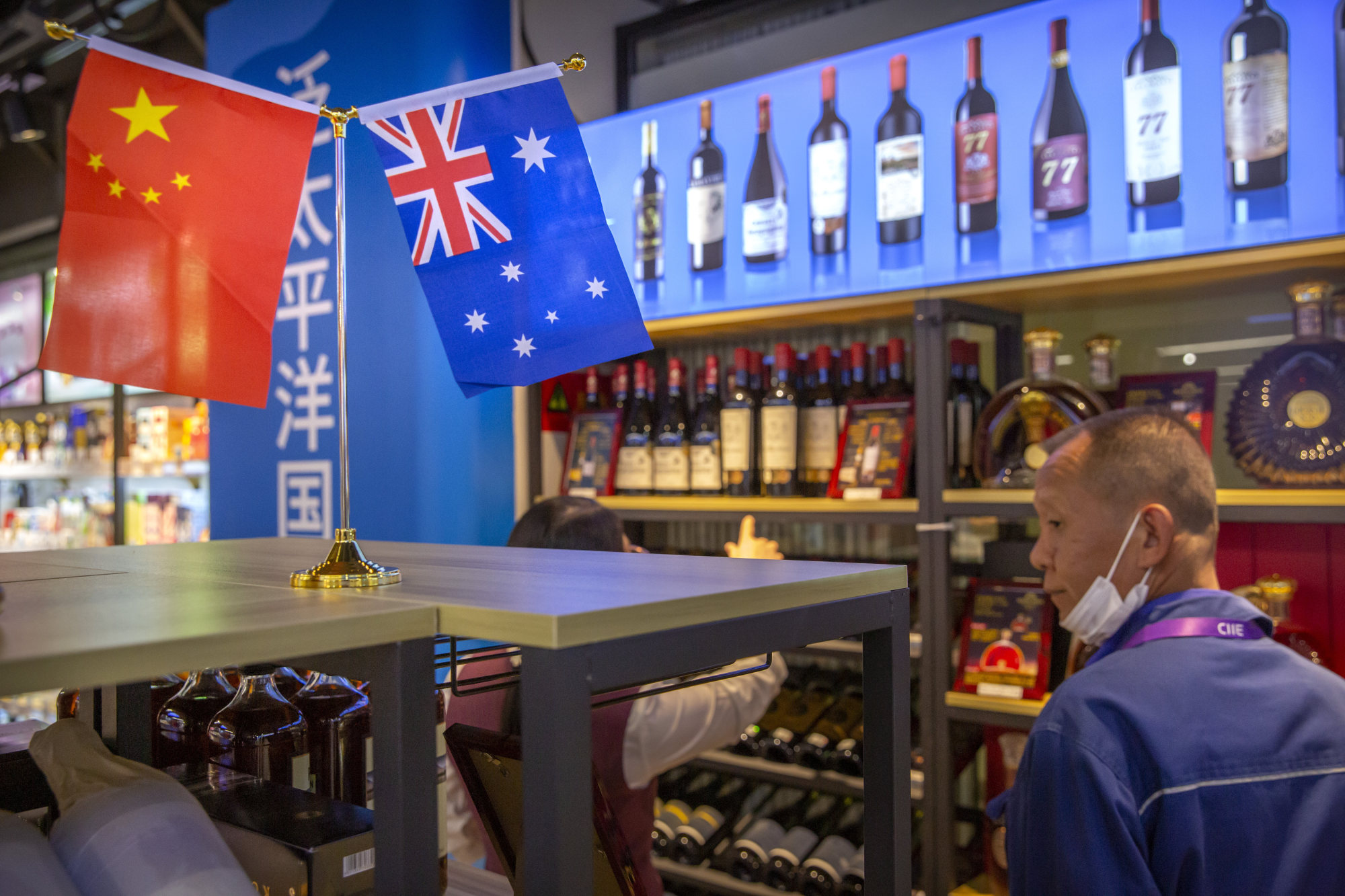
2-way street: China trade putting money in Australian pockets, study finds
-
A study commissioned by an Australia-China business organisation shows trade with China has added to Australians’ incomes and kept cost of living down
-
Preliminary release of data adds weight to arguments for sustained engagement as relations back on upswing
As a direct result of trade between China and Australia, households in the latter country have seen several benefits, according to a study released on Wednesday.
The findings come at a time of warming relations between the two countries and provide fresh support to the case for economic engagement.
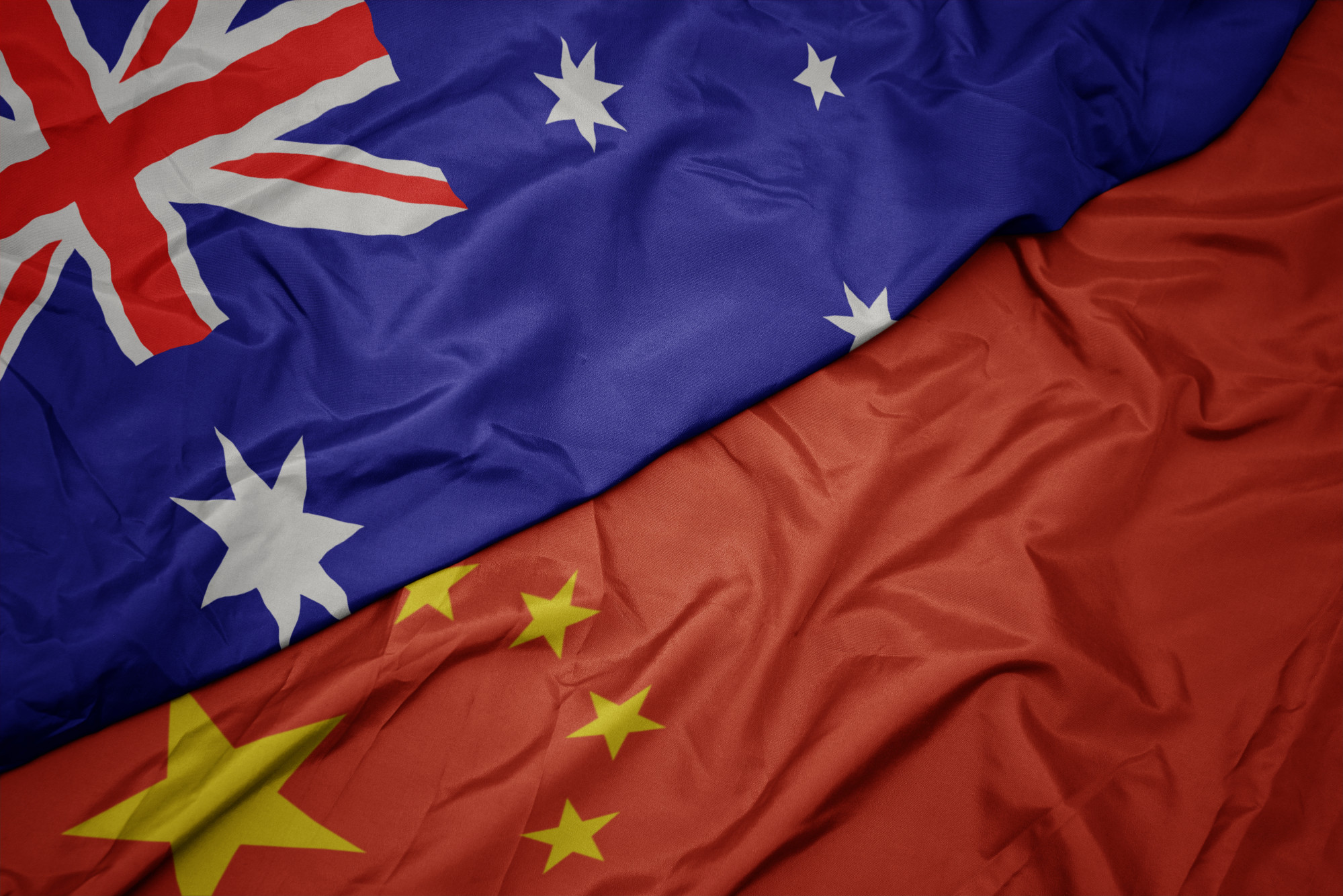
China-Australia decoupling ‘impossible’, classified studies conclude
-
Separate administrations conducted investigations into the feasibility of ‘diversifying’ import-export relationship, all resolved such a decoupling would be unmanageable
-
Current relations came after years of networking by exporters and cannot be replicated elsewhere, analysts say
Australian authorities conducted three separate internal studies in the past eight years to determine whether the commodity-exporting nation could completely diversify its supply chains from China – but all said the task was impossible, according to two sources with knowledge of the matter.
The unanimous and non-partisan judgment helped to justify Canberra’s renewed trade engagement with Beijing late last year despite obstacles such as Aukus, a regional security pact between Australia, the United Kingdom and the United States.
Global Impact is a weekly curated newsletter featuring a news topic originating in China with a significant macro impact for our newsreaders around the world.


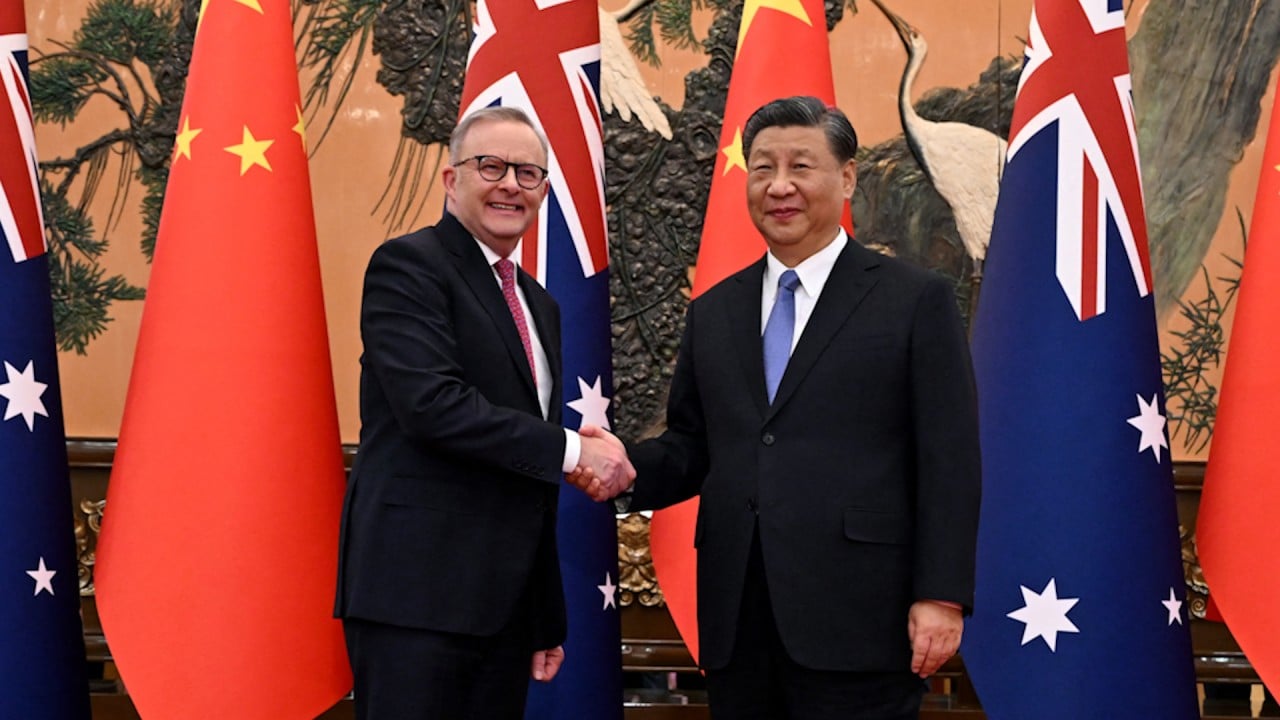
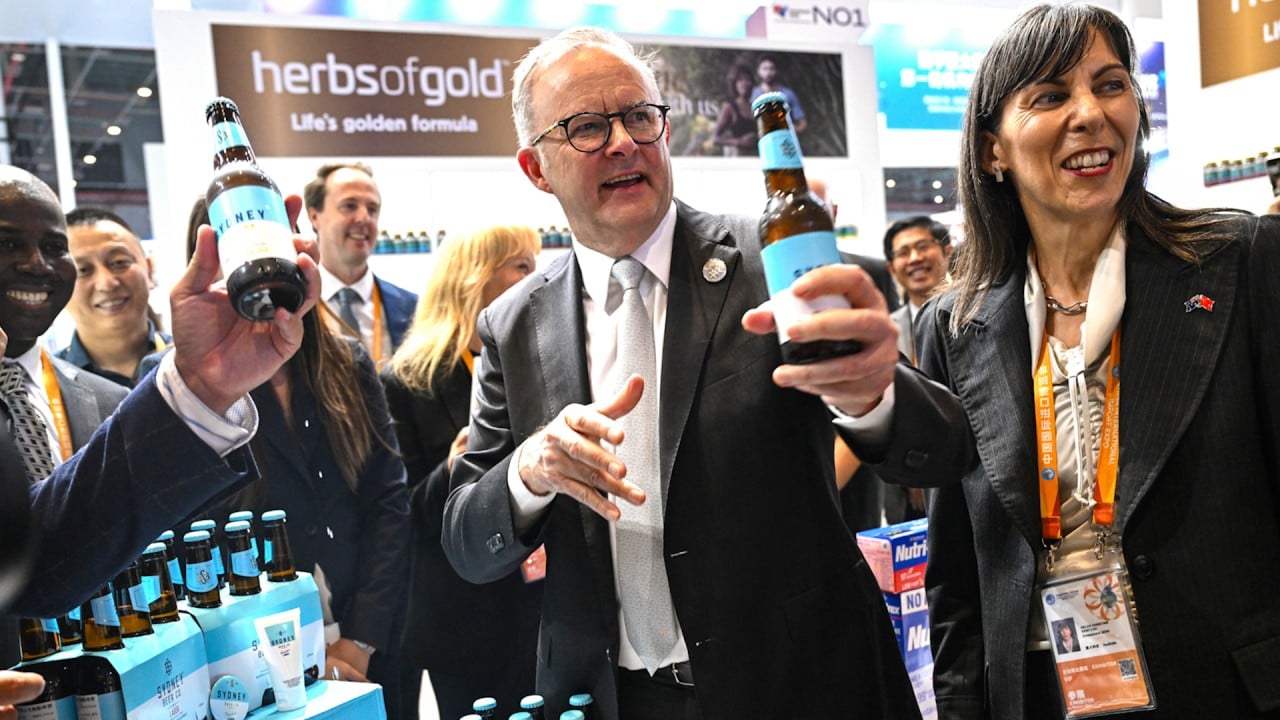
 Play with Welcome Bonus Up to 300%
Play with Welcome Bonus Up to 300%